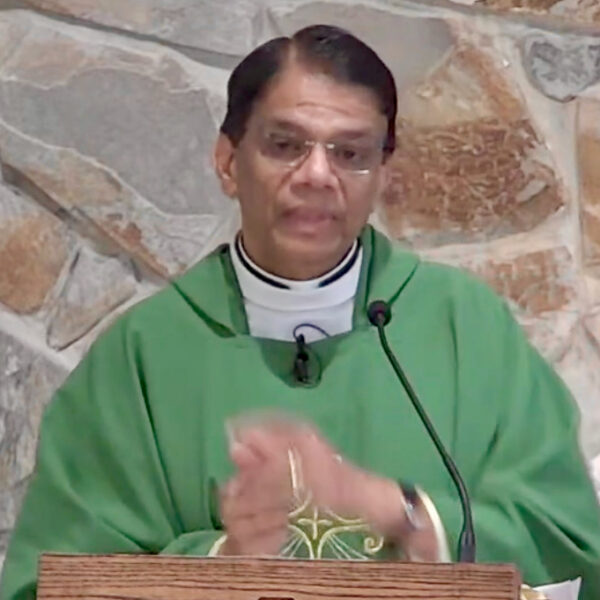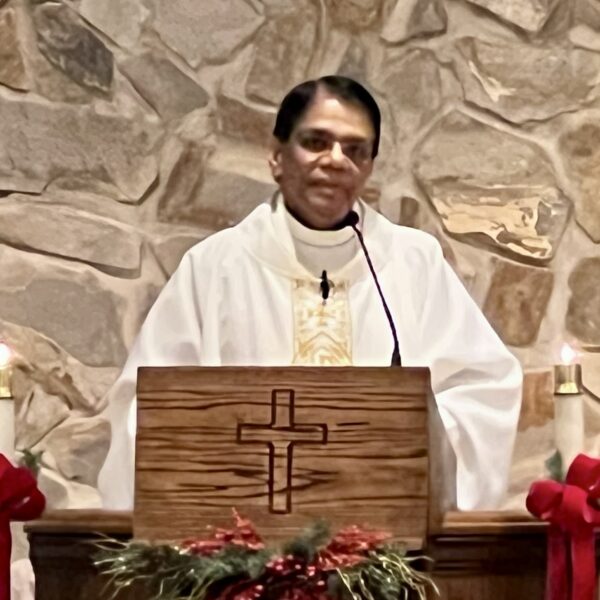Treat Others as God Treats Them
The story of David and Saul in today’s First Reading functions almost like a parable. Showing mercy to his deadly foe, David gives a concrete example of what Jesus expects to become a way of life for His disciples. The new law Jesus gives in today’s Gospel would have us all become “Davids”—loving our enemies, doing good to those who would harm us, extending a line of credit to those who won’t ever repay us. The Old Law required only that the Israelites love their fellow countrymen. The new law Jesus brings makes us kin to every man and woman. His kingdom isn’t one of tribe or nationality. It’s a family. As followers of Jesus, we’re to live as He lived among us—as “children of the Most High.” As sons and daughters, we want to walk in the ways of our heavenly Father, to “be merciful, just as your Father is merciful.” Grateful for His mercy, we’re called to forgive others their trespasses because God has forgiven ours.
In the context of today’s liturgy, we’re all “Sauls”—by our sinfulness and pride we make ourselves enemies of God. But we’ve been spared a death we surely deserved because God has loved and shown mercy to His enemies, “the ungrateful and the wicked,” as Jesus says. Jesus showed us this love in His Passion, forgiving His enemies as they stripped Him of cloak and tunic, cursed Him and struck Him on the cheek, condemned Him to death on a cross. “He redeems your life from destruction,” David reminds us in today’s Psalm. That’s the promise, too, of today’s Epistle: that we who believe in the “last Adam,” Jesus, will rise from the dead in His image, as today we bear the image of the “first Adam,” who by his sin made God an enemy and brought death into the world.
Do you know what makes Christians different and what makes Christianity distinct from any other religion? It is “the grace”—treating others not as they deserve but as God wishes them to be treated—with loving kindness and mercy. God is good to the unjust as well as the just. His love embraces saint and sinner alike. God seeks our highest good and teaches us to seek the greatest good of others, even those who hate and abuse us. Our love for others, even those who are ungrateful and selfish towards us, must be marked by the same kindness and mercy which God has shown to us. It is easier to show kindness and mercy when we can expect to benefit from doing so. How much harder when we can expect nothing in return.
Let us Pray: Lord Jesus, your love brings freedom and pardon. Fill me with your Holy Spirit and set my heart free with your merciful love that nothing may make me lose my temper, ruffle my peace, take away my joy, nor make me bitter towards anyone. Lord, help me always to treat others the way that you treat them.
With love and prayers,
Fr. Charley

